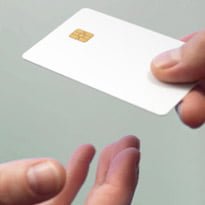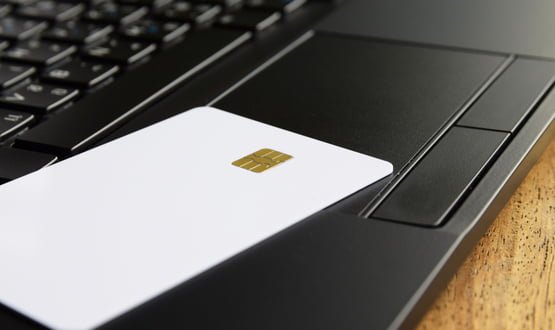Smartcard sharing ‘should be offence’
- 8 March 2011

The National Information Governance Board for Health and Social Care has recommended that smartcard sharing should be banned and misuse made a disciplinary offence.
The patient data body has also urged NHS Connecting for Health to prioritise any work needed to address technical issues leading to smartcard misuse.
The NIGB has issued a position paper on smartcard sharing after raising concerns about such activity. Its investigations found that although misuse of smartcards is a disciplinary offence for nurses the same does not apply to other professionals, including doctors.
The General Medical Council told the NIGB that in cases of smartcard sharing it would look at the evidence and make a decision based on the balance of probabilities.
The NIGB added: “If there is insufficient evidence against an individual then there could be no sanctions imposed.
"So in the situation where a smartcard was found to have been shared, and all the staff involved denied responsibility, then the most any individual could be accused of would be misusing a smartcard.”
The NIGB added that the GMC did have the option of taking misuse of a smartcard seriously and said previous cases relating to shared log-ins had been judged on a case by case basis.
The NIGB added: “Where local arrangements do not support good data protection practice, however, the GMC is unlikely to pursue a case against a doctor solely for such record-keeping issues.
"If there were evidence of fraud or no mitigation because of the limitations of the information technology then the GMC could well bring a charge of impaired fitness to practice.”
The NIGB has recommended to professional regulators and the Commission for Health Regulatory Excellence that they should followed the approach adopted by the Nursing and Midwifery Council and the police force, both of which have made sharing of smartcards a disciplinary offence.
The misuse of smartcards was also highlighted last month by Bedfordshire and Hertfordshire Local Medical Committee, which urged GP practices not to share smartcards or log-in details.
In its newsletter, it said a recent performance committee meeting had learned that GPs in a practice regularly share smartcards to log on to their clinical system.
The LMC added: “It now appears that one doctor is taking the ‘credit’ for a number of serious errors made by another – and no one knows who made the entries. Not only is this a serious breach of information governance, it would appear to be pretty risky too!”
GPs’ failure to use smartcards was highlighted by the Department of Health review of the Summary Care Record review by Sir Bruce Keogh, which was published in October.
The review said it had heard “strong opinions” that the use of smartcards was not universal in GP practices which had implications for accurate updating of the SCR. The review added: “This issue is important and we recommend that further potential options are investigated to mitigate this risk.”
A Department of Health spokesperson said: "In response to the recommendation in the SCR content review chaired by Professor Sir Bruce Keogh, a Smartcard Working Group has been established, chaired by Charles Gutteridge, national clinical director for informatics.
"Workshops have now been held involving a wide range of stakeholders from across primary and secondary care and including NIGB representation. A report which includes recommendations will be published this spring."




